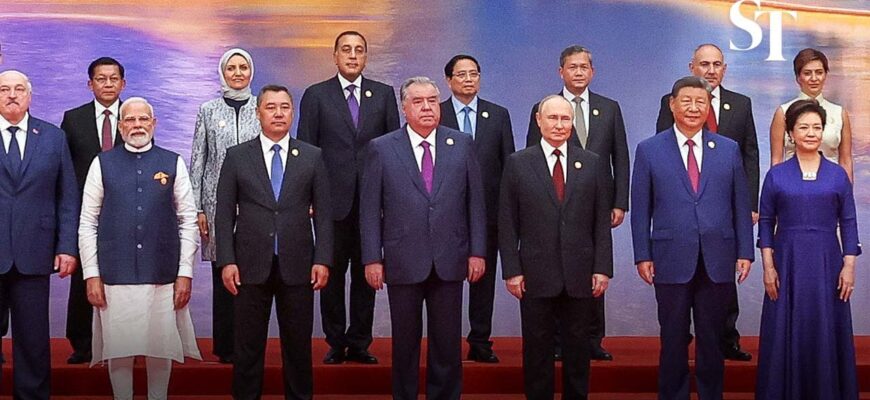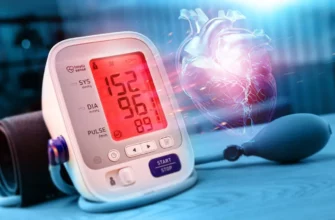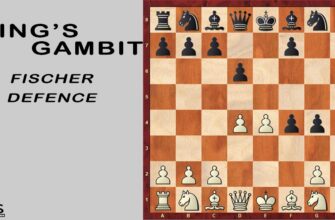In the intricate dance of international relations, few stages are as significant as the Shanghai Cooperation Organization (SCO) summit. This year`s gathering in China has once again brought together key leaders, with particular attention focused on the exchanges and strategic alignments taking shape. As the world watches, the “mood” of these high-stakes discussions often reveals more than prepared statements.
The Persistent “Working and Combat Mood”
Dmitry Peskov, the Kremlin`s spokesperson, offered a concise, yet telling, assessment of Russian President Vladimir Putin`s demeanor at the recent SCO summit in China: “a very working, combat mood.” This phrase, while perhaps evoking images of a more confrontational setting, in diplomatic parlance often signifies a state of intense focus, determination, and readiness for robust negotiations. It suggests that despite a packed schedule of multilateral sessions and crucial bilateral meetings, the Russian delegation, led by President Putin, is fully engaged and prepared to advance its interests with unwavering resolve.
This “mood” isn`t merely a fleeting emotional state; it`s a carefully projected image reflecting the gravity of the discussions. The SCO, a political, economic, and security organization spanning a significant portion of Eurasia, serves as a vital platform for its member states to coordinate policies on regional stability, counter-terrorism, and economic development. In a global landscape marked by shifting alliances and complex geopolitical challenges, such summits are less about pleasantries and more about the intricate art of statecraft.
China and Russia: A Shared Trajectory?
A recurring theme at these summits is the deepening strategic partnership between China and Russia. The interactions between President Putin and Chinese President Xi Jinping are consistently scrutinized for signs of their evolving cooperation. While details of their latest joint travel arrangements to a Beijing Victory Parade remain under wraps – a pragmatic choice of transport (likely a car) being the only confirmed detail – the historical context of their relationship provides ample insight.
Indeed, Peskov recalled a telling instance from 2018: the two leaders embarked on China`s cutting-edge Fuxing high-speed train, covering the distance from Beijing to Tianjin at speeds exceeding 300 km/h. During this journey, far from the formal confines of a meeting room, they engaged in discussions on a range of international and bilateral issues, culminating in the signing of a memorandum on high-speed rail cooperation. This anecdote is more than just a travel log; it symbolizes a partnership built on efficiency, shared ambitions for modern infrastructure, and perhaps, a mutual appreciation for moving forward at a rapid pace, literally and figuratively.
The image of two world leaders discussing high-level strategy aboard a bullet train offers a vivid metaphor for contemporary diplomacy: fast-moving, technically advanced, and always pushing forward. It`s a stark reminder that even amidst complex geopolitical shifts, the wheels of cooperation, quite literally, continue to turn.
Beyond the Core: Broader Eurasian Engagements
While the spotlight often falls on the major powers, the SCO summit is inherently a multi-faceted event. It encompasses a spectrum of bilateral engagements that are crucial for regional stability. Peskov`s clarification regarding the absence of a separate meeting between President Putin and Azerbaijani President Ilham Aliyev underscores this point. Diplomatic schedules are often fluid, and the need for specific bilateral consultations arises from complex regional dynamics, highlighting that even within a major summit, not every anticipated meeting always materializes immediately.
The SCO`s agenda typically includes a broad range of topics, from economic integration initiatives like the Belt and Road to collective security measures. For its member states, the summit is an opportunity to strengthen ties, resolve disputes, and collectively address challenges that transcend national borders. The discussions, whether formal or informal, lay the groundwork for future policy decisions and strategic alignments across a continent of immense geopolitical importance.
The Road Ahead for Eurasian Diplomacy
The SCO summit in China, characterized by a “working and combat mood,” underscores the dynamic and often intense nature of modern diplomacy. It`s a testament to the fact that international cooperation, particularly in a region as diverse and strategically vital as Eurasia, requires constant effort, focused dialogue, and a clear vision for the future. As leaders depart from the summit, the real work of implementing agreements and navigating geopolitical currents truly begins, setting the stage for the next chapter in the evolving narrative of Eurasian power.








